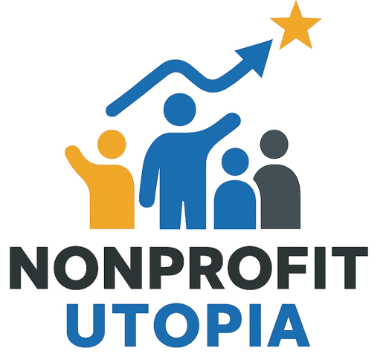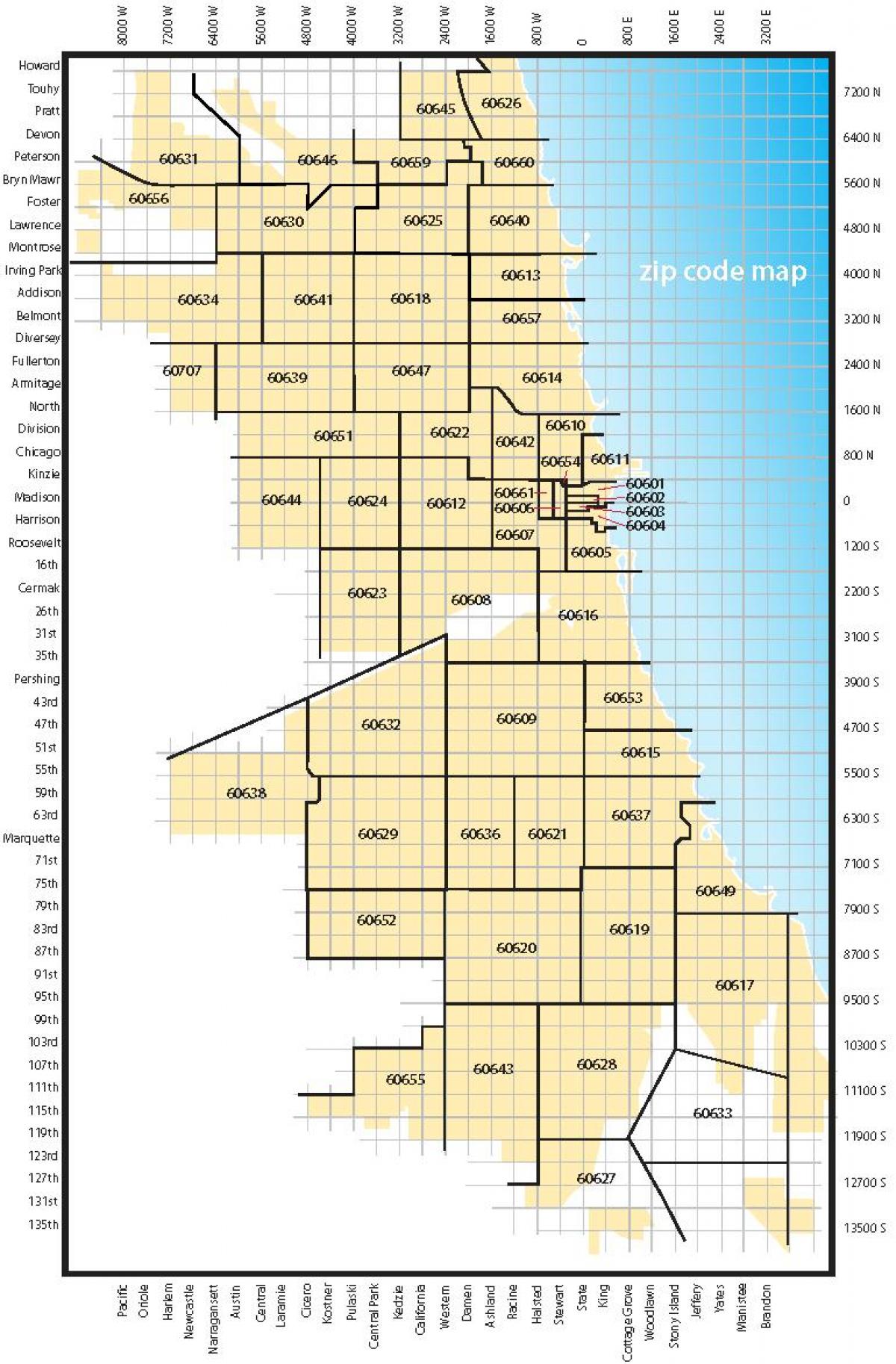From the Good 2 Know Newsletter, Published by Heuristics Marketing Consultants, LLC
Nonprofit accelerators are game changers for nonprofit leaders and startups, offering essential resources and mentorship to boost your impact. These programs can help your organization thrive and achieve greater success.
What Are Nonprofit Accelerators?
Nonprofit accelerators are programs designed to help nonprofit organizations grow and succeed. These programs provide resources, mentorship, and support to nonprofits, much like business accelerators do for startups. By joining an accelerator, a nonprofit can gain the tools and knowledge needed to better fulfill its mission and expand its impact.
Why Nonprofit Accelerators Are Useful
Nonprofit accelerators are useful because they offer several key benefits:
- Access to Expertise: Nonprofits in accelerators get advice from experienced professionals. These experts can help with various aspects of running a nonprofit, from fundraising to marketing.
- Networking Opportunities: Accelerators connect nonprofits with other organizations, potential donors, and partners. This network can open doors to new opportunities and collaborations.
- Funding Support: Many accelerators provide access to funding or help nonprofits develop strategies to attract donors and grants.
- Skill Development: Accelerators offer training and workshops that improve the skills of nonprofit staff. This can include everything from leadership development to financial management.
- Increased Visibility: Being part of an accelerator can raise the profile of a nonprofit, making it easier to attract support and recognition.
How to Implement a Nonprofit Accelerator
Implementing a nonprofit accelerator involves several steps:
1. Identify the Needs
Determining the needs of nonprofits in your community is a critical first step. Here are some methods to identify these needs:
- Surveys and Questionnaires: Send out surveys to local nonprofits to gather information about their challenges and needs. Ask specific questions about areas like fundraising, volunteer management, and program development.
- Focus Groups: Organize focus groups with representatives from various nonprofits to discuss their biggest challenges and what support they require.
- Interviews: Conduct one-on-one interviews with nonprofit leaders to get in-depth insights into their needs and experiences.
- Community Meetings: Host community meetings where nonprofits can share their challenges and suggest areas where they need support.
- Data Analysis: Analyze existing data on local nonprofits, such as financial reports, program outcomes, and donor trends, to identify common issues.
- Feedback from Funders: Engage with foundations and other funding organizations to understand the gaps they see in the nonprofits they support.
2. Build a Team
Gather a team of experts who can provide the necessary support and guidance. This team might include experienced nonprofit leaders, business professionals, and consultants.
3. Develop a Program
Create a structured program that includes mentorship, training sessions, and networking opportunities. The program should be tailored to meet the needs identified earlier.
4. Recruit Participants
Reach out to nonprofits that could benefit from the accelerator. Use your network, social media, and other channels to spread the word.
5. Provide Ongoing Support
Once the accelerator is up and running, continue to support the participants. This could include regular check-ins, additional training, and opportunities to connect with other nonprofits and funders.
Services Provided by Nonprofit Accelerators
Nonprofit accelerators can offer a variety of services to help organizations thrive:
- Mentorship: Pairing nonprofits with experienced mentors who can offer advice and guidance on different aspects of running an organization.
- Training Workshops: Offering workshops on topics like fundraising, marketing, strategic planning, and financial management.
- Networking Events: Organizing events where nonprofits can meet potential donors, partners, and other organizations.
- Access to Funding: Helping nonprofits develop fundraising strategies or connecting them with grant opportunities and donors.
- Technical Assistance: Providing help with technology, such as setting up a website, managing social media, or using data to improve programs.
- Evaluation and Feedback: Offering regular assessments and feedback to help nonprofits track their progress and make necessary adjustments.
Examples of Nonprofit Accelerators
1. Fast Forward (San Francisco, CA):
Fast Forward founded in 2014 is a nonprofit accelerator focused on tech nonprofits. They provide a three-month program that includes funding, mentorship, and resources. To join, nonprofits must apply through Fast Forward’s website during the open application period.
Example: A tech nonprofit focused on mental health joined Fast Forward. They received $25,000 in funding, mentorship from tech industry leaders, and access to a network of investors. As a result, they were able to develop a mobile app that connected users to mental health resources, expanding their reach and impact.
2. SEED SPOT (Phoenix, AZ, and Washington, D.C.):
SEED SPOT supports social entrepreneurs, including nonprofits, through its

impact accelerator programs. They offer both a two-day launch camp and a more intensive eight-week program. Nonprofits can apply online to join.
Example: A nonprofit dedicated to providing clean water solutions in developing countries participated in SEED SPOT’s eight-week program. They received coaching on storytelling and pitching, which helped them secure a large grant. This funding enabled them to install water purification systems in multiple villages, improving health outcomes for thousands of people.
3. Social Enterprise Accelerator (Columbus, OH)

SEA supports entrepreneurs in becoming a part of their local SE ecosystem by helping them develop a sustainable business model, access funding, and solidify their meaningful social impact through a 14-module curriculum which helps entrepreneurs move forward further. The 14 modules are: Mission, Vision, & Values, Customer Discovery, Business Model Design, Financial Modeling, Raising Funds, Measuring, Monitoring & Communicating Impact, Business Planning, Creating Partnerships, Marketing / Sales / Branding, and Pitching Your Idea /Storytelling. The curriculum can be accessed in-person, online, or through affiliate partners.
4. Nonprofit Utopia (Chicago, IL)

The mission of Nonprofit Utopia is to develop the next generation of ethical nonprofit leaders, with a vision of serving up to 50,000 leaders around the world. This is accomplished through an online community, coaching, courses, consulting, livestreams and podcasts. The social enterprise leverages some of its offerings through additional resources from its partners and affiliate arrangements to manage fundraising, enhance proposal writing, market an organization’s programs and services, and manage an organization’s strategic planning and collaborations.
How to Join Nonprofit Accelerators
To join a nonprofit accelerator, follow these general steps:
- Research Accelerators: Look for accelerators that align with your nonprofit’s mission and needs. Check their websites for program details and application deadlines.
- Prepare Your Application: Most accelerators require an application that includes information about your nonprofit’s mission, impact, and needs. Be sure to highlight your achievements and the potential benefits of joining the program.
- Submit Your Application: Follow the instructions provided by the accelerator to submit your application. This may include filling out an online form and submitting supporting documents.
- Participate in Interviews: Some accelerators may conduct interviews with applicants to learn more about their work and determine if they are a good fit for the program.
- Join the Program: If accepted, participate fully in the program’s activities, take advantage of the resources provided, and actively engage with mentors and fellow participants.
Nonprofit accelerators play a crucial role in helping organizations achieve their goals and increase their impact. By providing expertise, resources, and support, accelerators empower nonprofits to overcome challenges and grow. Implementing an accelerator involves understanding the needs of nonprofits, building a support team, and offering tailored services. With these steps, nonprofit accelerators can make a significant difference in the community. Keep shining bright as stars and leading by example.

Adrienne Bitoy Jackson, BSBA, MS. Ed, PMP, President & CEO of Heuristics Marketing Consultants, LLC is an inventive, effective, resourceful thought leader, writer, coach, mentor, certified project manager, change agent, entrepreneur, and former public administrator with 25+ years’ experience with government entities, professional associations, nonprofit faith & community-based organizations, and educational institutions. Read More
Originally Published On LinkedIn by Heuristics Marketing Consultants

Heuristics Marketing Consultants, LLCHeuristics Marketing Consultants, LLC
Heuristics Marketing Consultants, LLC (HMC) is a certified diverse vendor, i.e. W/MBE, in good standing with the State of Illinois that specializes in quality, consulting services designed to enhance the professional development, management potential, and marketing capabilities of individuals, nonprofit organizations, government agencies, and developing social enterprises. HMC delivers both & Coach4$uccess. We value integrity, appreciate honesty & excel at collaboration and are trustworthy, highly effective, ethical problem solvers who can help you. Learn more here.




